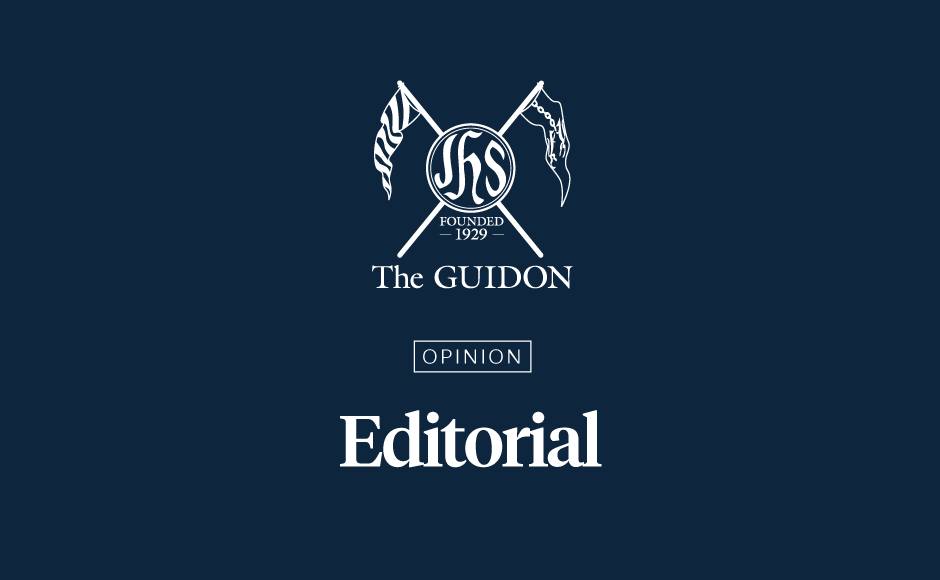WHEN ASKED how the recently passed law on free public tertiary education would be funded, President Rodrigo Duterte replied, “‘Yan na ang problema ngayon…Ewan ko (That’s the problem now…I don’t know).”
What a problem indeed.
Duterte has promised a whole lot of deals for a whole lot of people. He vowed to raise the salaries of police and soldiers. In January, he approved a Php 1,000 increase in SSS pensions. He has repeatedly promised to boost infrastructure spending across the country (with gratuitous loans from his newfound friend, China). He approved a law mandating free tertiary education. A bill strengthening PhilHealth is in the works. All of these at the taxpayer’s dime.
Ever the magnanimous provider, Duterte gives indiscriminately, imagining himself as “Tatay Digong”—the father of the nation.
Citing the country’s improved financial conditions, Duterte signed Administrative Order No. 6 on September 19, repealing a Gloria Macapagal-Arroyo (GMA)-era policy mandating austerity measures in the government. Instituted by the technocratic GMA, and continued by her former student Noynoy Aquino, those measures were intended to tighten the belt and reduce state expenses. With the repeal, gone are the days of his penny-pinching predecessors—the good times are here to stay.
Duterte has stated that economics is not his strong suit, and that he will leave technical matters to more able persons in his economic team. But at the same time, he has refused to temper his populist tendencies by heeding his advisers’ warnings, submitting to the popular will.
Make no mistake: It is necessary that the government spend for social programs that improve the welfare of Filipinos—and there is real opportunity to do so given the country’s improved finances. Yet the lack of clear direction, planning, consultation, and accountability on our expenditures threatens to undermine what the country has cultivated over the years.
One is reminded of another period in our country when free-wheeling spending policies bit us in the back—the reign of the late dictator Ferdinand Marcos.
In an effort to shore up mass support for its unpopular government, the Marcos regime in the 1970s and 1980s amassed a huge debt burden to pay for the country’s development. The much-touted infrastructure development and agricultural programs (as well as their ill-gotten wealth) were financed by irresponsible and unsustainable borrowing. The Marcoses borrowed so much that in 1983, the country could no longer service its debt and ordered a moratorium on debt payments, which put the economy in crisis. The effects of the regime’s “debt-driven growth” would be felt decades after the Marcoses’ departure from power in 1986.
Saner minds should prevail in government. We should not want to have irresponsible leaders whose first instinct is to carelessly spend money without due consideration of the other factors of public administration. If inclusive growth is the goal, then Duterte would do well to resist the siren song of knee-jerk populism, and start implementing sound, people-centered policy.







